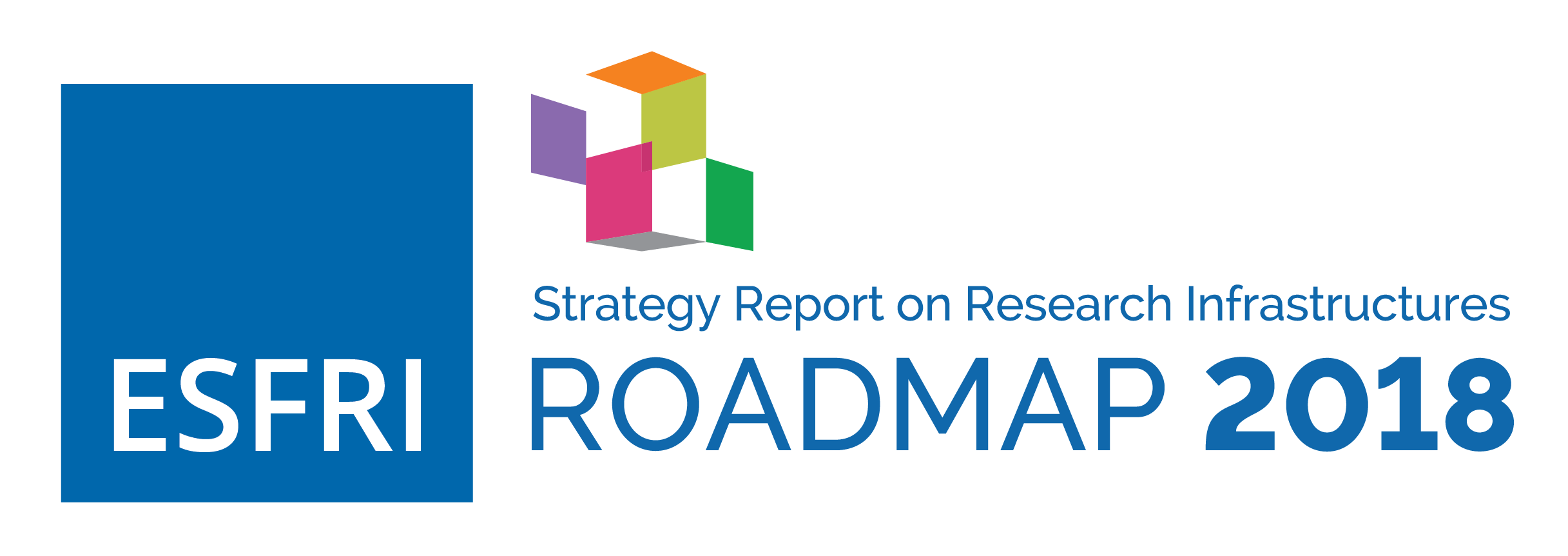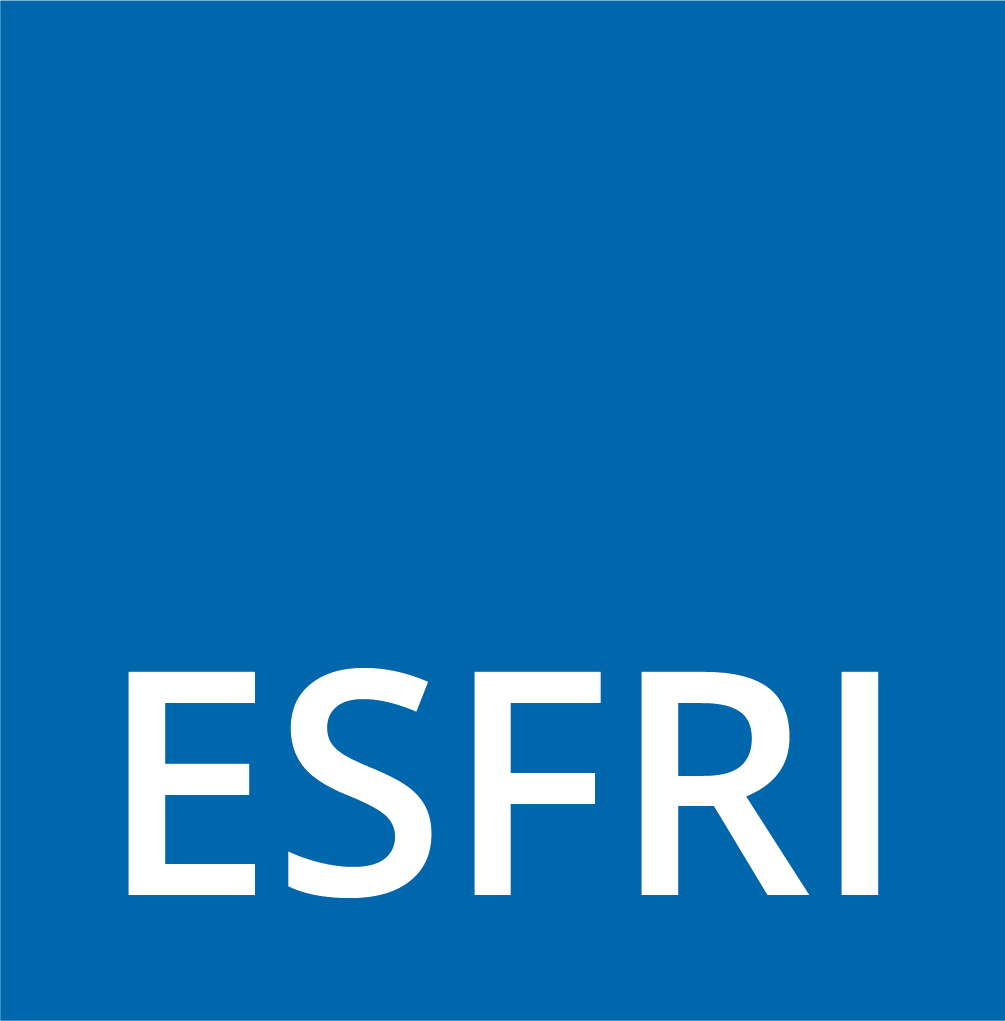Lessons Learnt
The ESFRI process with its Roadmap updates constitutes an important strategic framework for the development of Research Infrastructures of pan-European relevance and thus for the European Research Area as a whole. The continuous assessment and adjustment of its methodology enables ESFRI to fulfil its strategic role, especially in view of upcoming political needs and challenges such as the Long-Term Sustainability of Research Infrastructures as well as the new mandates ESFRI was entrusted with by the Competitiveness Council. In order to preserve and further develop the strengths ESFRI has built up over time, a constant focus on ESFRI’s strategic mission is essential. As the landscape of ESFRI Research Infrastructures becomes richer and more comprehensive, it is important to focus on initiatives of strategic importance, with high added-value and significant potential to develop unique resources and services for European research and innovation.
ESFRI’s experience shows that the primary element for success and effective implementation is sustained scientific excellence and impact. Particular attention needs to be paid from the beginning to the maturity of projects. Evidence gained in the course of the ESFRI process clearly demonstrates that a strong scientific case together with stakeholder commitments and professional project planning secure RI implementation at a steady pace. Conversely, weaknesses in any of these key aspects have proven to hamper the RI implementation over time, incrementing the risks. Clear feedback on gaps and weaknesses observed by ESFRI at an early stage can substantially support the projects in overcoming such difficulties.
Stakeholder commitments are mostly based on proposals which have been developed over years. For the Roadmap 2016, ESFRI for the first time asked for reliable commitments – e. g. regarding financial support – from at least one Member State or Associated Country. This approach was extended for the Roadmap 2018, requiring proposals not only to prove political or financial support from MS/AC, but also to provide consortium agreements signed by the participating institutions. All commitments had to be submitted right from the beginning as an eligibility criterion. These requirements have proven important elements of ESFRI’s methodology, representing a focus on the robustness of financial planning which should be further strengthened.
Another challenge identified in the discussion on Long-Term Sustainability of Research Infrastructures is to find ways to improve the alignment of ESFRI and national roadmap processes while bearing in mind their different goals and scopes. To achieve this objective, a common understanding of key evaluation criteria based on improved communication and exchange of experience would be of great advantage. This would help to build efficiently upon already existing quality assurance mechanisms established by the Research Infrastructures and their funders avoiding duplication of evaluation activities whilst enabling an effective update of the state of play of the RIs through their lifecycle. In view of the considerable amount of time required to reach stakeholder commitments and agreements between different institutions or MS/AC, ESFRI could consider Roadmap updates longer than the current two-year pace. This would facilitate the preparation of mature proposals and thus contribute to the Long-Term Sustainability of Research Infrastructure development.
The creation of the European Research Infrastructure Consortium (ERIC) as a legal entity model for European Research Infrastructures has helped to develop solid RI-governance in many cases, but has proven to be a bottleneck for the progress of initiatives in some others, making evident the need of flexibility.
With the new EU Council mandate of 29 May 2018Conclusions of the Council of the European Union of 29 May 2018 on Accelerating knowledge circulation in the EU. Doc 9507/18 http://data.consilium.europa.eu/doc/document/ST-9507-2018-INIT/en/pdf that invites Member States and the Commission within the framework of ESFRI to develop a common approach for monitoring the RIs’ performance, ESFRI is facing a challenging task. ESFRI’s role and tasks in this context need to be defined in detail, taking into account the fact that ESFRI is an informal strategy forum and that ESFRI Research Infrastructures are funded by MS/AC in variable geometry. Providing for comprehensive evaluations should thus be the task of the funding members. However, ESFRI could recommend evaluation criteria with key requirements along the dimensions of the lifecycle.
Exploring options for the development and use of Key Performance Indicators is another action needed for the further development of ESFRI’s methodology. KPIs are expected to increase effectiveness, complementarity and transparency of the ESFRI monitoring and evaluation activities, avoiding one-size-fits-all approaches and calibrating a sustainable workload for ESFRI.
The developments in the field of data access and data management also need to be reflected in the ESFRI Methodology. This holds particularly true for the European Open Science Cloud/European Open Science Data Commons. Major contributions by ESFRI Research Infrastructures are a key ingredient for the advancement of the EOSC which need to be fully reflected in procedures and governance. ESFRI has a prime role in taking care that the standards for FAIR data – as developed within the EOSC framework – and the Data Reproducibility requirement are implemented within the whole range of ESFRI Research Infrastructures and beyond.
The evaluation process for new ESFRI proposals is also an important part of ESFRI Methodology, as it determines which initiatives enter the ESFRI Roadmap. In this context, the ESFRI Roadmap 2018 update demonstrated that a balanced approach is needed with regard to criteria for evaluation of the scientific case and implementation. The minimal key requirements against which the proposals are evaluated worked well. Nevertheless, they could be further streamlined allowing the simplification of the submission form with a focus on the most essential information. The role of the ESFRI Working Groups involved in the evaluation will remain central in the whole process. The independent advice provided by the external experts, under transparent conditions of absence of conflict of interest, helped the WGs to develop a fully informed analysis of the proposals. It must be stressed also that the full responsibility of the ESFRI Forum for strategic advise on the European RIs policy is engaged both at EB level, when recommendations are formulated, and at plenary level, when the final decisions are taken. This may include the decision to give evidence, in the Landscape Analysis, to special research areas of high strategic potential that emerged through the evaluation process and Forum discussion.




